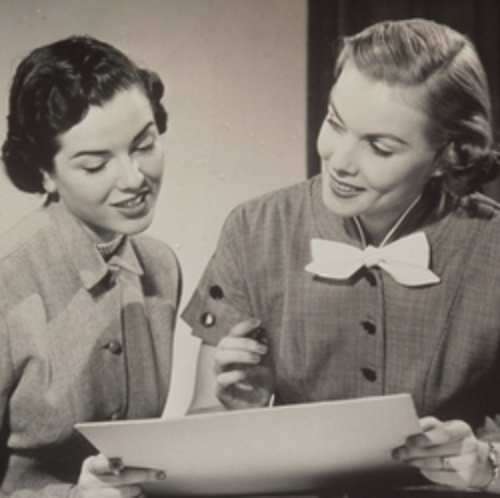Pitching Your Book at Conferences
Aug 25, 2017
 Let's say you're going to a writer's conference and you've taken the plunge and decided to pitch your book. You're going to meet with an agent or editor one on one to get an unvarnished, professional opinion of your work.
Let's say you're going to a writer's conference and you've taken the plunge and decided to pitch your book. You're going to meet with an agent or editor one on one to get an unvarnished, professional opinion of your work.
Now you're panicking! What next?
Here are some pointers so you can get the most out of your experience:
- First decision: agent or editor? Ask yourself honestly what stage you are at. If this is the first time you're submitting work in this way, I'd suggest going for an editor. That person will be able to give you an honest professional opinion on whether your work is "ready" yet--do you still need to work on voice, theme, style, platform? S/he can guide you so that as you continue working on your book, you'll be able to tweak it to make it more attractive to agents. If you think you're further along already, I'd suggest going for an agent. Agents who attend conferences are looking to sign talent, but they are also looking to nurture writers. You don't really want to go for an agent if you're work isn't developed enough--it may be dispiriting.
- Sign up as early as you can: Try to sign up early enough that you have a choice. You really don't want to wing it and end up with someone who isn't a good match--it can be crushing. Your #1 priority is finding a professional who shares your sensibility. How do you figure this out? Read the bio carefully and do some research on the books they've worked on. Sign up for Publishers Marketplace to get the inside scoop on the newest deals the editor or agent has made. This is invaluable information for you; it's important to set yourself up for "success."
- Be clear on what success means to you: It will really help you to define success in a way that is achievable. Be clear about your goals. You know how rare love at first sight is? Well, the Manuscript Mart is a bit like dating: it's unlikely to be an instant love match (but you never know!). It might serve you best if you go in with smaller, clearer goals than getting a book deal. For instance, it will really be helpful to find out:
- Does my idea have legs? (If not, why?)
- Is my writing style engaging?
- Is my angle on this topic/ theme fresh enough to entice you to want more?
- What do I need to work on to make my pitch/ writing/ structure stronger?
- Are there red flags in my pitch/ writing/ idea that will turn a professional off?
- Is there an angle I should develop more thoroughly?
- Pick your twenty pages carefully: Your goals should help you decide which pages to submit. You don't have to start at the beginning, but you do want some coherence. A great one pager on your novel or nonfiction book plus 19 great pages might be the way to go: you're giving a punchy overview of the project and then showcasing your storytelling chops. Check it carefully for errors and typos.
- Reach out to a veteran: Part of the anxiety is not really knowing how the session will play out. It's hard to set your expectations. If you can talk to a few people who have already done the Manuscript Mart, you'll better understand the possible scenarios.
- Develop a growth mindset: Whatever happens, enter your session expecting to learn something useful. Even if you don't achieve the outcome you hope for, you will definitely learn something valuable, either about your work, yourself or the marketplace. And if you do achieve your goals, a growth mindset will allow you to keep getting better and better. The hard work isn't over yet!
Remember, too, that one meeting with one professional is not--in and of itself--going to make or break your writing career. It is one step in a long process. You are getting a subjective opinion from a professional. You take your work seriously, you are there to learn, and you will come away armed with information that will help you achieve your goals.
Good luck!